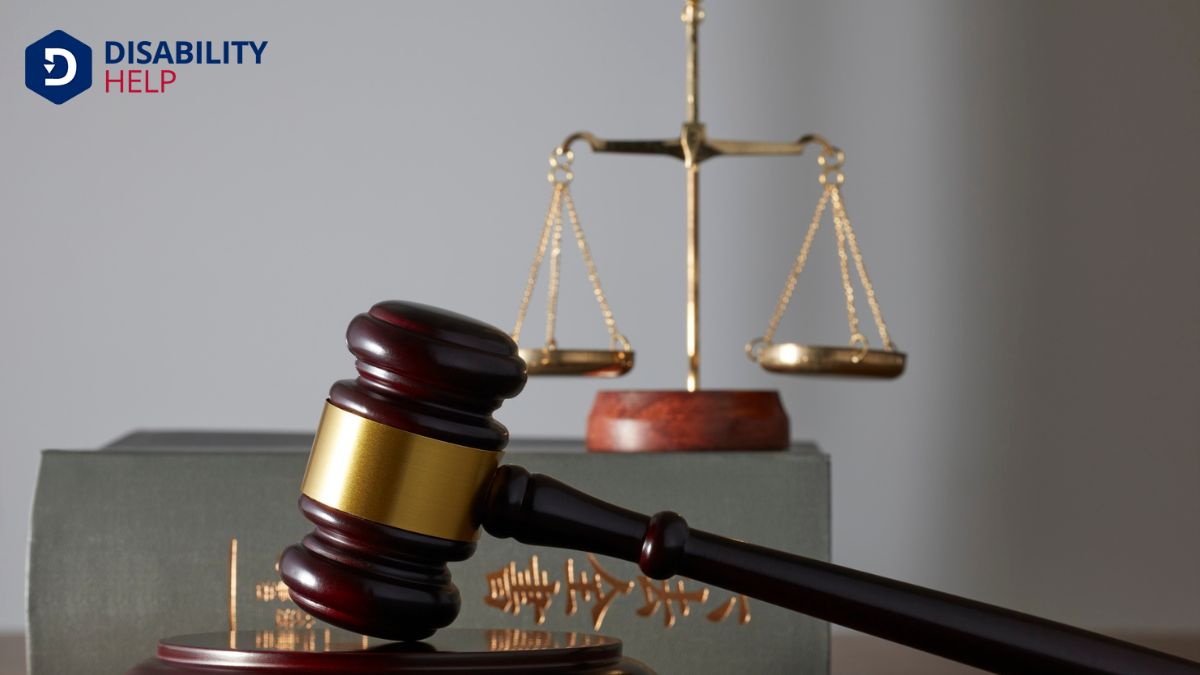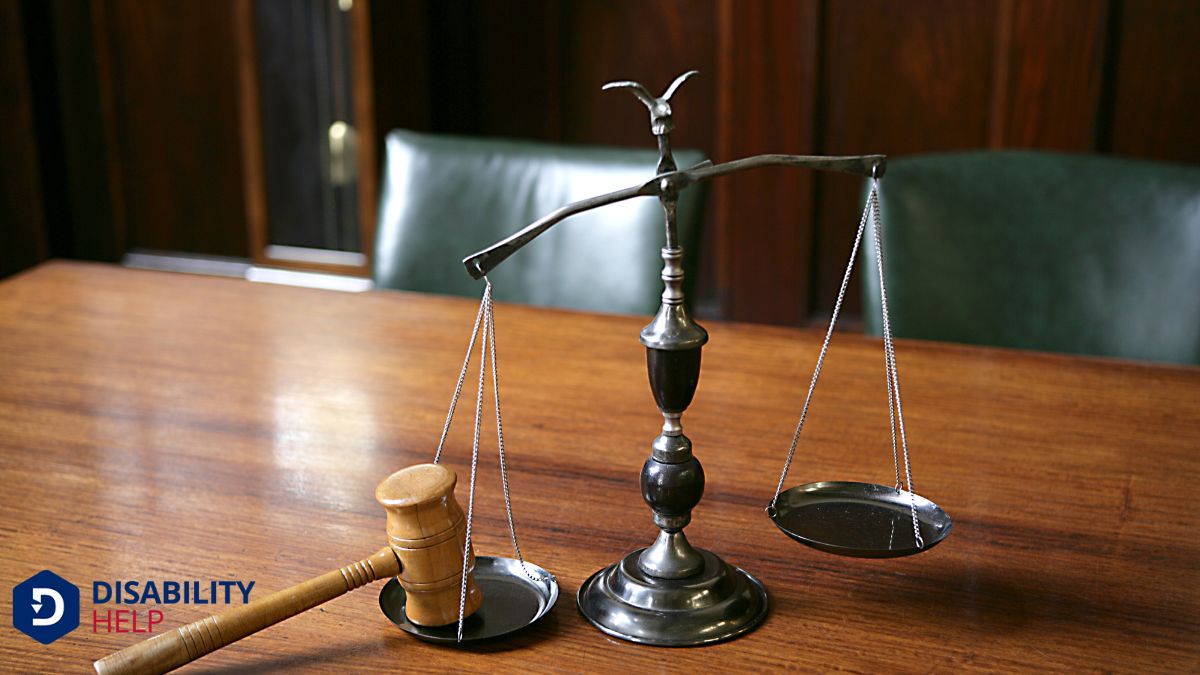Settling a case without going to trial is often possible and can be beneficial for both parties. We can explore negotiation, mediation, or even arbitration to reach a resolution that satisfies everyone involved. Settlements can save time and money while also providing privacy and reducing the emotional stress of a courtroom battle. Could this path be the key to resolving your case efficiently? Let's consider the potential advantages and how they might apply to your situation.
Key Takeaways
- Negotiation allows for mutually agreeable settlements without the need for a trial.
- Mediation provides a structured method to facilitate out-of-court resolutions.
- Settlements can save time and reduce legal expenses compared to trials.
- Confidentiality in settlements protects sensitive information from public exposure.
- Settling offers control over outcomes, unlike court decisions by judges or juries.
Understanding the Benefits of Settling Out of Court

Settling a legal case out of court, while often overlooked, offers significant advantages that can make the process less intimidating and more efficient.
First, we avoid the uncertainty of a trial. Trials can be unpredictable, with outcomes swayed by numerous factors, including jury perceptions and legal technicalities. By settling, we maintain control over the outcome and reach a mutually agreeable resolution.
Additionally, settling saves time and money. Trials can drag on for months or even years, with escalating legal fees. Settling allows us to resolve the matter swiftly and limit expenses.
Furthermore, it provides privacy. Court trials are public, but settlements often keep details confidential, protecting reputations and personal information.
Exploring Negotiation as a Settlement Option
Let's explore how negotiation can serve as a valuable tool for settling cases without the need for a trial.
We’ll discuss the benefits negotiation offers, outline effective strategies to employ, and tackle common challenges we might face during the process.
Benefits of Negotiation
Although litigation can be a lengthy and expensive process, negotiation offers a more efficient path to resolution.
We often find that negotiation can be a more appealing option for settling disputes. It allows both parties to reach a mutually satisfying agreement without the stress of a courtroom battle.
Let’s explore some benefits of choosing negotiation:
- Control: We maintain more control over the outcome, unlike a trial where a judge or jury decides.
- Cost-effective: Negotiation usually costs less than going to trial, saving us money and resources.
- Time-saving: We can resolve issues quicker, avoiding prolonged court schedules.
- Privacy: Negotiations are private, keeping sensitive matters out of the public eye.
Negotiation empowers us to find solutions that align with our interests.
Negotiation Strategies Explained
While considering negotiation as a settlement option, we must understand various strategies that enhance our chances of reaching a favorable agreement.
First, let's focus on interest-based negotiation, which encourages us to concentrate on underlying interests, not just positions. By identifying what truly matters to each party, we can create solutions that satisfy both sides.
Another effective strategy is BATNA (Best Alternative to a Negotiated Agreement). Knowing our best alternative allows us to negotiate with confidence, understanding when it's wise to walk away.
We should also practice active listening, ensuring all voices are heard and valued.
Finally, preparation is key; gathering relevant information and understanding the other party’s perspective strengthens our negotiating position.
Together, these strategies can guide us toward successful settlements.
Common Negotiation Challenges
Having explored effective negotiation strategies, we should also recognize the common challenges that often arise when seeking settlements without trial.
These challenges can impede progress and create unnecessary tension. We must be aware of them to navigate negotiations successfully.
- Miscommunication: Misunderstandings between parties can lead to confusion and stalled negotiations.
- Emotional Investment: Parties may be too emotionally involved, making it hard to see the bigger picture.
- Unrealistic Expectations: One or both parties might've expectations that aren’t feasible, causing frustration.
- Power Imbalances: Disparities in negotiation power can lead to one party feeling pressured or disadvantaged.
Recognizing these challenges helps us anticipate and address them, allowing for more effective and amicable settlements.
Being prepared can enhance our negotiation outcomes.
The Role of Mediation in Resolving Legal Disputes
Let’s explore how mediation can streamline the resolution of legal disputes with its structured process.
We’ll examine the benefits it offers, including cost savings and confidentiality, and discuss how to choose the right mediator to guide us effectively.
Mediation Process Overview
As a pivotal alternative to litigation, mediation offers a structured yet flexible approach to resolving legal disputes outside the courtroom.
We engage in a guided process where a neutral mediator helps us communicate and negotiate our differences. This process encourages open dialogue and creative solutions tailored to our needs, reducing the stress and costs associated with trials.
Here's an overview of what to expect in mediation:
- Introduction: The mediator explains the rules and goals, setting a cooperative tone.
- Statement of Issues: Each party shares its perspective and concerns.
- Negotiation: We work together, with the mediator's help, to find common ground.
- Resolution: A mutually satisfactory agreement is reached, documented, and signed.
Understanding these steps can ease anxiety and empower us to approach mediation with confidence.
Benefits of Mediation
Mediation not only guides us through a structured process but also offers significant benefits that litigation often lacks.
First, it provides a private setting, allowing us to discuss sensitive issues without public exposure. This privacy can foster open communication, helping us reach a resolution that reflects our true interests.
Additionally, mediation is typically faster and less costly than going to trial. We save time and resources, which reduces stress and financial burden.
Moreover, mediation encourages cooperation rather than competition. We work collaboratively to find solutions which can preserve relationships—an invaluable advantage, especially when ongoing interaction is necessary.
The flexibility of mediation lets us craft creative solutions tailored to our needs, offering a sense of control and satisfaction with the outcome.
Choosing a Mediator
Selecting the right mediator is a crucial step in resolving legal disputes effectively. We must guarantee the mediator has the skills to facilitate open communication and guide us toward a resolution.
Let's consider key factors when choosing a mediator:
- Experience and Expertise: They should have extensive experience in similar cases and a deep understanding of relevant laws.
- Neutrality: The mediator needs to remain impartial, guaranteeing fairness throughout the process.
- Communication Skills: Their ability to listen and articulate ideas clearly can help bridge gaps between parties.
- Reputation: A respected mediator with positive feedback from previous clients can boost confidence in the process.
How Arbitration Works for Settling Cases
When settling a case without going to trial, arbitration offers a streamlined alternative that can be both efficient and effective.
In arbitration, we select a neutral third-party arbitrator to listen to both sides and make a binding decision. This process resembles a trial but is usually less formal and quicker. We present our evidence and arguments, just like in court, but the rules are more relaxed, allowing for a smoother experience.
Arbitration sessions are private, ensuring confidentiality, which is beneficial if we want to avoid public exposure. Additionally, the process is typically faster than a traditional trial, saving us time and stress.
However, we should remember that the arbitrator's decision is final, with limited options for appeal. Understanding these aspects helps us navigate arbitration confidently.
Comparing Costs: Trial vs. Out-of-Court Settlement
Deciding between a trial and an out-of-court settlement often boils down to cost evaluations. Trials can be expensive, often involving attorney fees, court costs, and time off work.
Settlements, on the other hand, may offer a quicker resolution with potentially lower expenses. When we weigh these options, it’s essential to reflect on the financial impact each path could have on our lives.
Let's break down some key points:
- Legal Fees: Trials usually require more attorney hours, leading to higher costs.
- Time Investment: Trials can drag on for months or years, while settlements might conclude faster.
- Court Costs: Filing fees, expert witnesses, and other trial costs can add up quickly.
- Predictability: Settlements provide certainty, whereas trial outcomes can be unpredictable.
Understanding these factors helps us make informed decisions.
Factors to Consider When Deciding to Settle
While contemplating whether to settle a case, we should evaluate several crucial factors that could influence our decision.
First, we need to examine the financial implications. Settling can often save us money compared to the costs of a lengthy trial.
Next, we should think about the time commitment. Trials can drag on, whereas settlements might provide quicker resolutions.
Emotional strain is another key factor. Trials can be stressful, and settling might alleviate some of that pressure.
We must also assess the strength of our case. If the outcome at trial seems uncertain, settling could be a safer route.
Finally, we should reflect on confidentiality. Settlements can offer privacy, whereas trials are usually public.
Balancing these factors helps us make informed decisions.
Common Myths About Settling Legal Cases
Despite the common belief that settling a legal case is akin to admitting defeat, this notion is far from reality. Settling can be a strategic decision, not a sign of weakness.
Let's explore some common myths about settlements:
- Myth: Settlements are always unfair
Settlements can be fair and mutually beneficial if both parties negotiate effectively.
- Myth: Only weak cases settle
Strong cases often settle to avoid the uncertainty and cost of a trial.
- Myth: Settlements aren't legally binding
Settlements are formal agreements and are legally enforceable.
- Myth: Settling means giving up
Settling can be a practical choice to resolve disputes efficiently and preserve resources.
We should view settlements as a practical tool rather than a concession.
Steps to Effectively Reach a Settlement Agreement

Recognizing the myths about settlements allows us to approach the process with a clear mindset and focus on practical steps to reach an effective agreement.
First, we should gather all necessary information and evidence, guaranteeing we're well-prepared for negotiations. Clear communication with the other party is vital; we need to express our needs and concerns openly.
Next, let's identify our priorities and be willing to compromise on less critical issues. Consider bringing in a neutral mediator who can facilitate discussions and help find common ground.
Throughout the process, maintaining a respectful and cooperative tone can make a significant difference.
Finally, once we've reached an agreement, documenting it thoroughly guarantees both parties understand their obligations, helping prevent future disputes.
Conclusion
In managing legal disputes, we should remember that settling out of court can offer significant advantages. It allows us to negotiate terms that address our interests without the unpredictability and expense of a trial. Mediation and arbitration provide structured avenues to resolve conflicts amicably. By comparing costs and considering personal factors, we can make informed decisions. Let's debunk myths and embrace settlement as a practical solution, moving forward with clarity and peace of mind.






